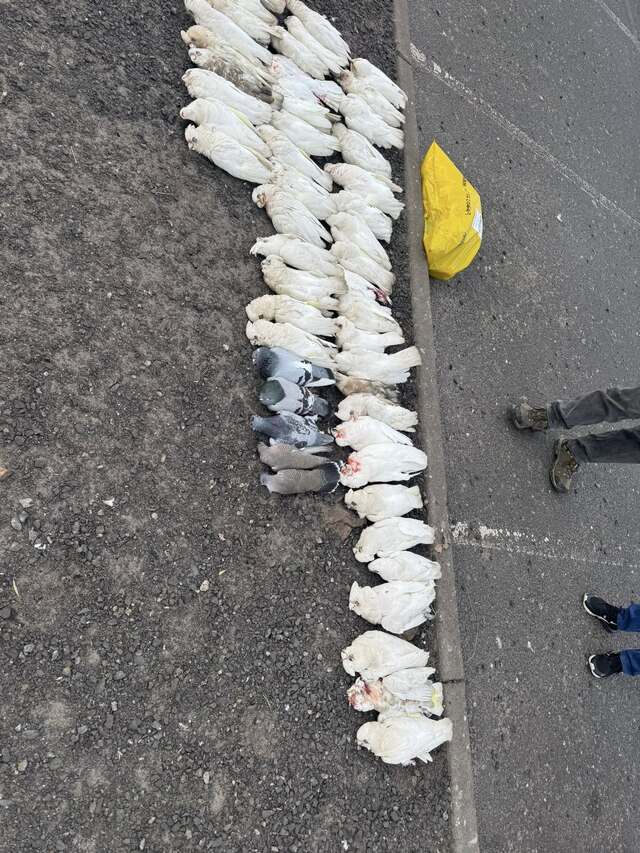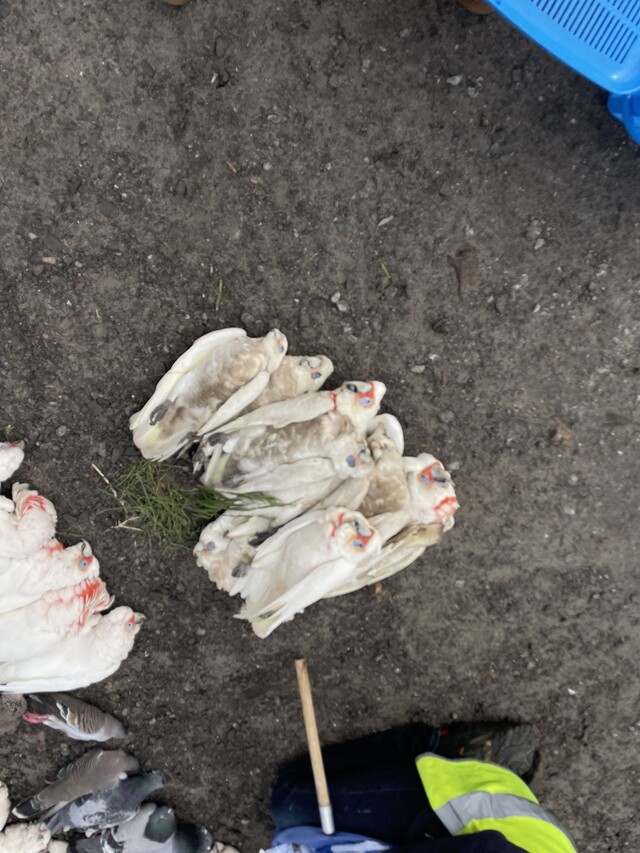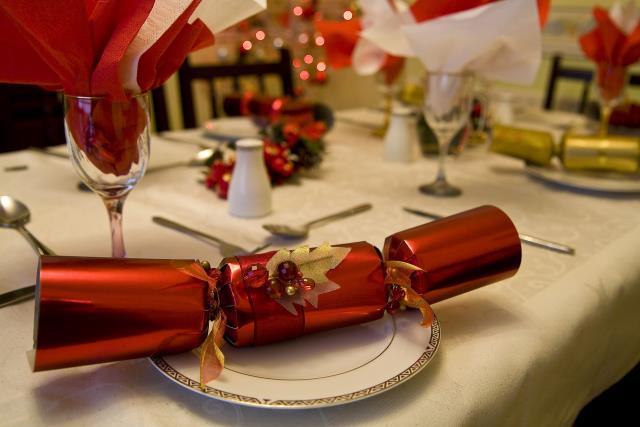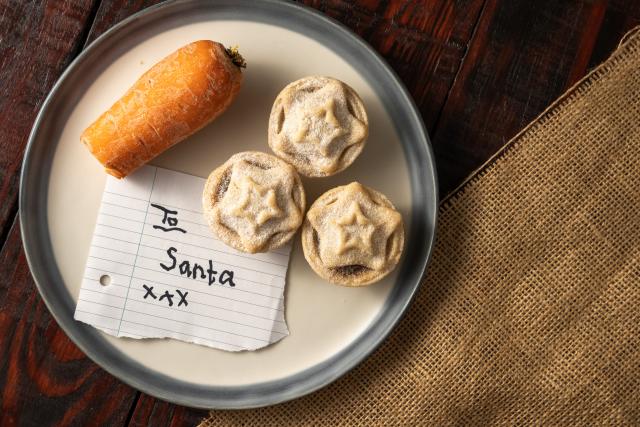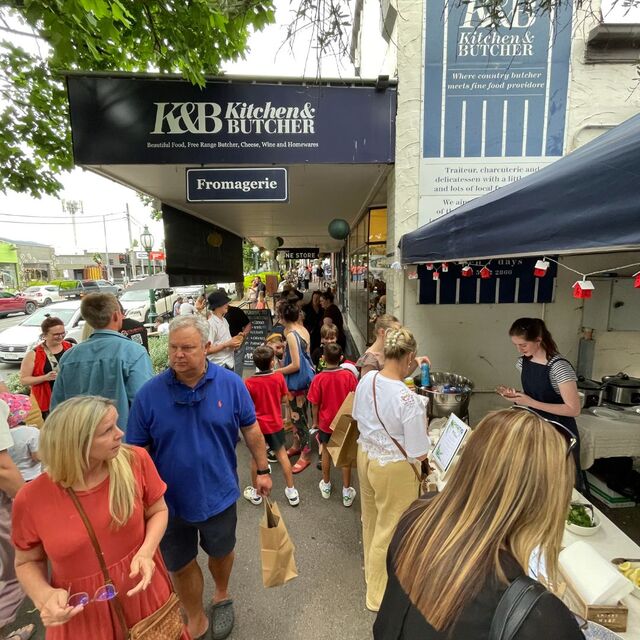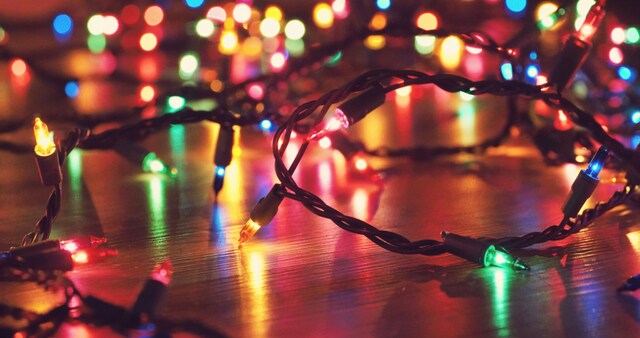A local wildlife health centre once again played a key role in the investigation of wild bird carcasses in Melbourne’s southeast suburb.
About 400 corellas, pigeons and doves were found dead in Springvale South between 12 and 14 July.
Michele Phillips from South Oakleigh Wildlife Shelter said she and her friends found over 400 poisoned birds.
“We found them down at Athol Road, Springvale (South). We’ve got a call there, ‘Birds are falling from the sky.’,” she said.
“We picked up 250 corellas (on Sunday), and probably another 60 pigeons and doves. And we picked up 40 (on Monday morning).”
Ms Phillips and her friends handed about half of the deceased and sick birds over to the Healesville Sanctuary for autopsies.
Healesville Sanctuary confirmed eight little corellas were taken to Healesville Sanctuary’s Australian Wildlife Health Centre (AWHC) on Sunday 13 July.
“Sadly, one corella did not survive the night. The other seven are in stable condition in the intensive care unit and are being monitored,” a Zoos Victoria spokesperson said.
“In addition, 145 dead birds were presented for necropsy including little corellas, long-billed corellas, domestic pigeons, crested pigeons and a spotted dove.
“Necropsies have taken place as part of our standard process with samples collected and the AWHC is supporting the Conservation Regulator.”
Agriculture Victoria and the Conservation Regulator also confirmed they were notified of the deaths by the owner of a wildlife shelter on Sunday.
“An investigation is underway into the cause of death of a large number of corellas at Springvale South over the weekend,” a Conservation Regulator spokesperson said.
Conservation Regulator does not grant Authorities to Control Wildlife allowing the use of poisoning as a control method, and has not issued an Authority to Control Wildlife for corellas in this area.
Corellas are protected under the Wildlife Act 1975, and there are significant penalties for hunting, taking or destroying protected wildlife, including imprisonment.
When you find sick or dead wild birds or wildlife, please follow the following instructions:
Avoid contact with sick or dead wild birds or wildlife and their environment.
Record what you see to Department of Energy, Environment and Climate Action (DEECA) by using the form at the following website, forms.bio.vic.gov.au/wildlife-influenza-investigation, or by calling 136 186, in line with the guidance below.
Report clusters of five or more sick or dead wild birds of any species, anywhere in Victoria.
Report even one sick or dead penguin or pelican, sick or dead bird of prey such as hawks, owls, eagles, sick or dead black swan, sick or dead marine mammal such as seals, sea lions, or dolphins.
Following a report, DEECA will evaluate the need for diagnostic testing for further investigation.
“I just wish people would stop feeding birds. Birds get reliant on it, and it encourages people that don’t like them to poison them,” Ms Phillips said.

